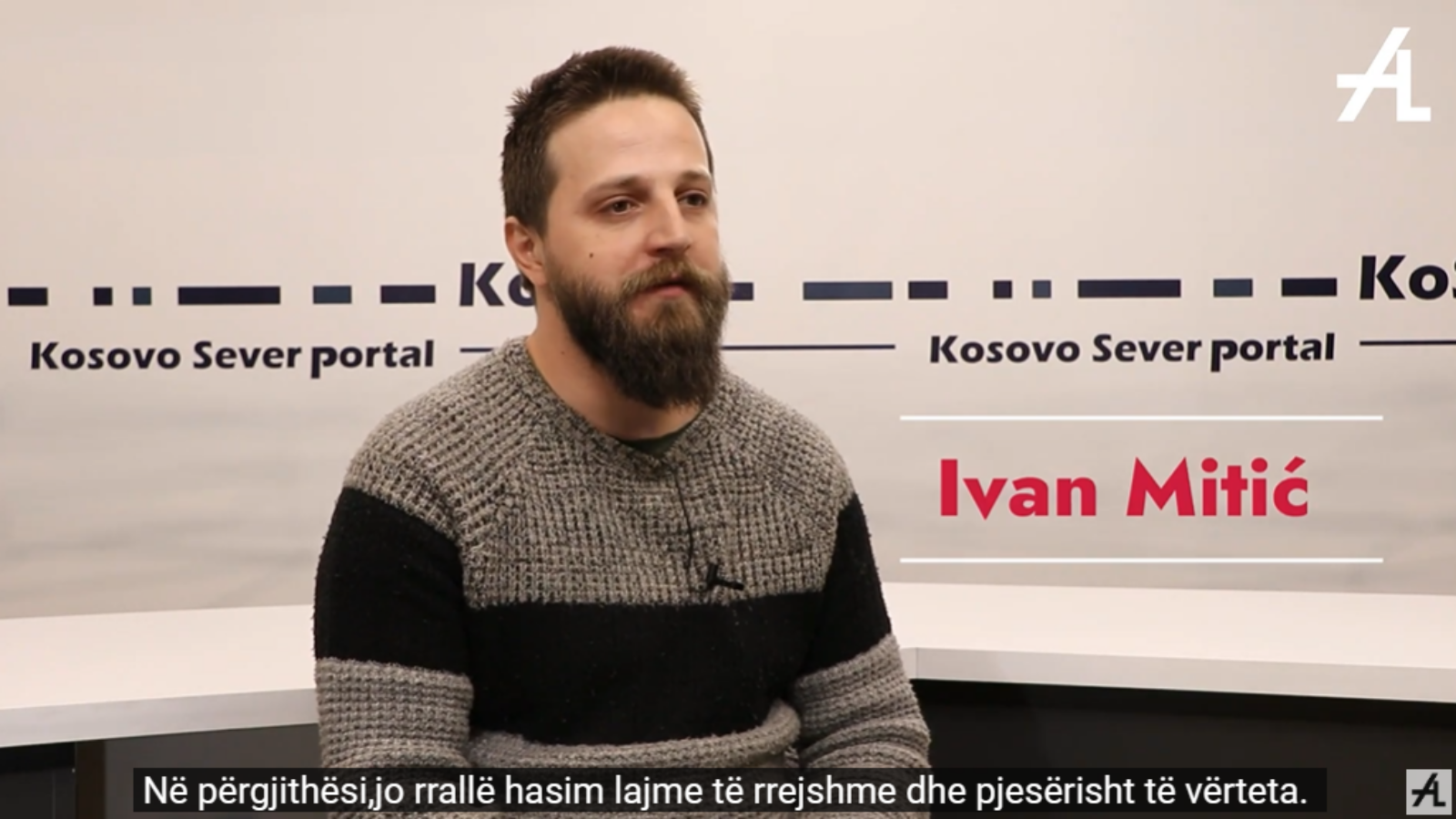Our cooperating partner Alternativno Udruzenje has emphasized the importance of collaboration between journalists and activists from different ethnicities in the fight against misinformation, which promotes hate and conflicts in Kosovo.
The project supported by SMART Balkans aimed to engage journalists in providing fair, accurate, and impartial information. High interest and sensitive topics such as ethnic, religious, or cultural differences often place journalists in front of verbal or physical attacks, aiming to stop broadcasts and the dissemination of fake news. Additionally, Alternativno Udruzenje intended to strengthen the role of activists in defending human rights.
Journalist Ivan Mitic shared his experience with fake news, explaining how misinformation compromises the integrity of the journalistic profession. Not only Mitic, but all interviewed journalists agree that fake news spreads rapidly and finds ground in social networks. This undoubtedly undermines trust in the media and poses a challenge for journalists in verifying every source of information. Fake news aims to increase online viewers, manipulate citizens according to political goals or interest groups. As a tool they use sensational headlines, especially in critical situations to sensationalize events and make them more appealing to the audience.
He pointed out that fake news can also be seen from another point of view, from the positive changes they bring to journalists. Journalists are more vigilant and careful, maintaining journalistic ethics even though they face an increasingly challenging job. In the region, fake news has a more violent impact, as critical situations develop day by day. The key point for combating this phenomenon is media education, so that citizens understand the source of information correctly, the professionalism of the media, and manifest as critical approach.
Watch the video for more tips on how to verify if the news is true: Alternativna: A journalist’s take on fake news.








